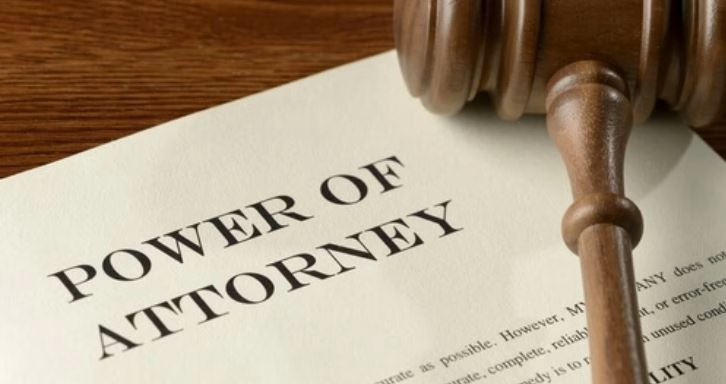A Guide To Power Of Attorney

For many of us, thinking about our passing or what will happen far into the future can be difficult, but it’s important to make sure that your assets are protected. You may have already made a will to dictate how your estate will be divided, but what happens if you reach a point where you’re unable to make decisions?
Power of attorney is a legal document which allows a third party to act on your behalf if you become incapacitated in any way. It offers additional peace of mind that your wishes will be respected and your loved ones will be taken care of after you’re gone, so if you want to know more, read on for our handy guide.
As stated, power of attorney is a legal document that lets you appoint one or more ‘attorneys’ to make decisions on your behalf. The most common type is known as lasting power of attorney (LPA) and it’s split into two types; health and welfare, and property and financial affairs.
Health and welfare gives your appointed attorney the power over decisions related to your general routine, such as dressing, eating and washing. It also covers decisions regarding medical care, end of life treatment and aspects such as whether to move into a care home. Property and financial affairs covers decisions concerning money and property, for example paying bills on your behalf, managing your accounts and collecting benefits or a pension.
Individuals can choose to appoint one or both types of power of attorney. Property and financial affairs LPA can be used as soon as it’s registered (with your permission), but health and welfare can only come into effect once you’re unable to make your own decisions.
How to make a power of attorney
First, you’ll need to choose who you’d like to appoint as your attorney or attorneys; usually a family member, close friend or trusted professional like a solicitor. You can make a power of attorney either online or using paper forms, but you’ll still need to print out any online forms and have them signed. You’ll also need witnesses to sign the document and a certificate provider to vouch that you’re in your right mind.
You’ll then need to register your power of attorney with the Office of the Public Guardian – this can take between eight to ten weeks. You can register an LPA yourself or one of your appointed attorneys can do so on your behalf. You’ll also need to pay a fee of £82 to register each LPA.
If you’re thinking about appointing a power of attorney and need professional help and advice, get in touch with the team at Smalleys Solicitors. Our power of attorney solicitors in Nottingham are on hand to help you plan for your future and make sure your best interests are protected. We pride ourselves on straightforward, jargon-free advice and we can take care of any paperwork on your behalf, so give us a call today or contact us via our website.
![Chamber Commerce [company-city] Logo](/wp-content/uploads/2022/09/chamber-of-commerce-logo.png)








